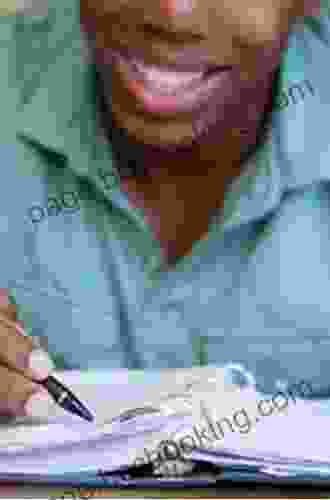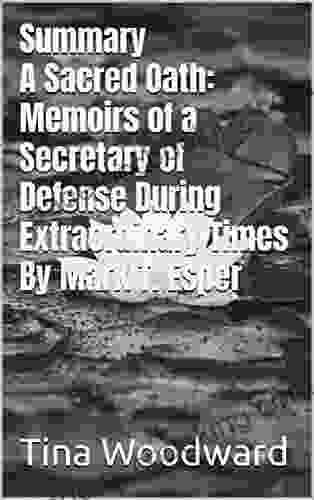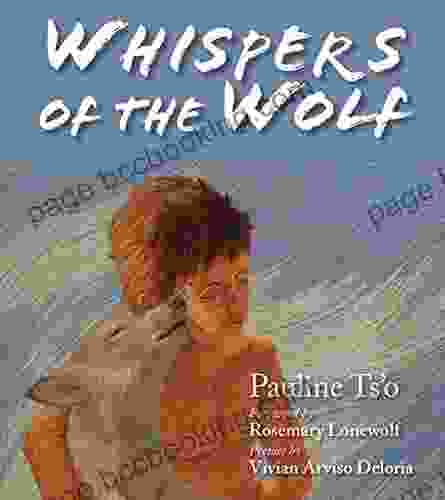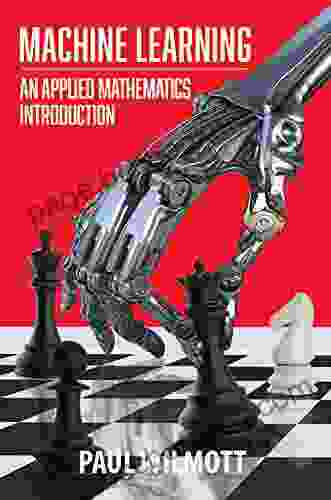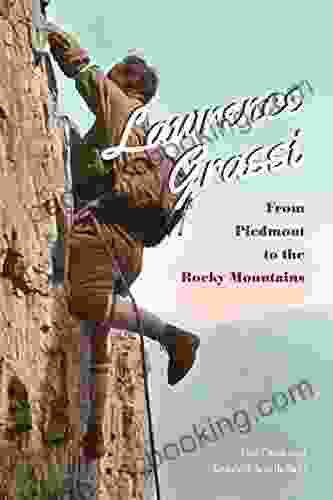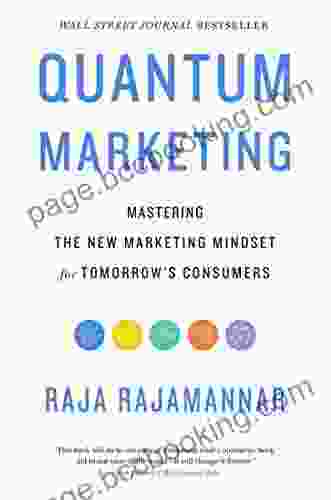Writing As Method For The Self Study Of Practice Self Study Of Teaching And...

Teaching is a complex and challenging profession. It requires a deep understanding of content, pedagogy, and students. In Free Download to be effective, teachers must be constantly reflecting on and improving their practice. However, finding the time and resources to do so can be difficult.
4.6 out of 5
| Language | : | English |
| File size | : | 9025 KB |
| Text-to-Speech | : | Enabled |
| Screen Reader | : | Supported |
| Enhanced typesetting | : | Enabled |
| Word Wise | : | Enabled |
| Print length | : | 450 pages |
Writing is a powerful tool that can be used for self-study. It allows teachers to reflect on their practice, identify areas for improvement, and develop new strategies. However, writing about teaching can be challenging. It can be difficult to know where to start, how to organize your thoughts, and how to write in a way that is both clear and concise.
This book provides a step-by-step guide to using writing for self-study. It offers practical advice on how to get started, how to choose topics to write about, and how to write in a way that is both reflective and analytical. This book also includes examples of writing from teachers who have used writing to improve their practice.
Benefits of Writing for Self-Study
There are many benefits to using writing for self-study. Writing can help teachers to:
- Reflect on their practice and identify areas for improvement
- Develop new strategies and approaches to teaching
- Share their ideas and experiences with other teachers
- Document their professional growth and development
Writing can also be a therapeutic process. It can help teachers to process their emotions and experiences, and to gain a new perspective on their work. When teachers write about their teaching, they are often able to see their practice in a new light, and to identify ways to improve it.
Getting Started with Writing for Self-Study
If you are interested in using writing for self-study, there are a few things you can do to get started.
- Choose a topic to write about. This can be anything related to your teaching practice, such as a lesson plan, a student assessment, or a classroom management strategy.
- Set aside some time to write. Even if you only have a few minutes, it is important to set aside some time each day to write about your teaching.
- Find a place to write where you can be comfortable and focused. This could be your home, your office, or a local coffee shop.
- Start writing. Don't worry about making your writing perfect. Just get your thoughts down on paper.
Once you have started writing, you can begin to reflect on your practice and identify areas for improvement. You can also use your writing to develop new strategies and approaches to teaching.
Examples of Writing for Self-Study
The following are examples of writing that teachers have used for self-study.
- Lesson Plan Reflection: In this reflection, a teacher analyzes a lesson plan that she recently taught. She identifies what went well and what could be improved. She also reflects on her own teaching practice and how she can better meet the needs of her students.
- Student Assessment Analysis: In this analysis, a teacher reviews a student assessment that she recently gave. She identifies what the assessment reveals about her students' learning. She also reflects on her own teaching practice and how she can better assess her students' learning.
- Classroom Management Strategy: In this strategy, a teacher describes a new classroom management strategy that she is trying. She reflects on the effectiveness of the strategy and how she can improve it.
These are just a few examples of how writing can be used for self-study. There are many other ways to use writing to reflect on your practice and improve your teaching.
Writing is a powerful tool that can be used for self-study. It can help teachers to reflect on their practice, identify areas for improvement, and develop new strategies. This book provides a step-by-step guide to using writing for self-study. It offers practical advice on how to get started, how to choose topics to write about, and how to write in a way that is both reflective and analytical. This book also includes examples of writing from teachers who have used writing to improve their practice.
If you are interested in using writing for self-study, I encourage you to give it a try. You may be surprised at how much you learn about your teaching and how much your practice improves.
4.6 out of 5
| Language | : | English |
| File size | : | 9025 KB |
| Text-to-Speech | : | Enabled |
| Screen Reader | : | Supported |
| Enhanced typesetting | : | Enabled |
| Word Wise | : | Enabled |
| Print length | : | 450 pages |
Do you want to contribute by writing guest posts on this blog?
Please contact us and send us a resume of previous articles that you have written.
 Book
Book Novel
Novel Page
Page Chapter
Chapter Text
Text Story
Story Genre
Genre Reader
Reader Library
Library Paperback
Paperback E-book
E-book Magazine
Magazine Newspaper
Newspaper Paragraph
Paragraph Sentence
Sentence Bookmark
Bookmark Shelf
Shelf Glossary
Glossary Bibliography
Bibliography Foreword
Foreword Preface
Preface Synopsis
Synopsis Annotation
Annotation Footnote
Footnote Manuscript
Manuscript Scroll
Scroll Codex
Codex Tome
Tome Bestseller
Bestseller Classics
Classics Library card
Library card Narrative
Narrative Biography
Biography Autobiography
Autobiography Memoir
Memoir Reference
Reference Encyclopedia
Encyclopedia Sara Manning Peskin
Sara Manning Peskin Proper Education Group
Proper Education Group Warren Olson
Warren Olson Pamela Spiro Wagner
Pamela Spiro Wagner Seth Berkman
Seth Berkman Stephanie Spinner
Stephanie Spinner Ryan Johnston
Ryan Johnston Tillie Walden
Tillie Walden Mandy Baggot
Mandy Baggot Porsha Williams
Porsha Williams Pat Cohen
Pat Cohen Paul Carson
Paul Carson Nicole R Taylor
Nicole R Taylor Patrick Garbin
Patrick Garbin Norman Ollestad
Norman Ollestad Rafael Nadal
Rafael Nadal The Princeton Review
The Princeton Review Paul Readman
Paul Readman Richard Sala
Richard Sala Nikki Haley
Nikki Haley
Light bulbAdvertise smarter! Our strategic ad space ensures maximum exposure. Reserve your spot today!
 Ernest J. GainesFollow ·4.2k
Ernest J. GainesFollow ·4.2k Javier BellFollow ·11.4k
Javier BellFollow ·11.4k Efrain PowellFollow ·18.5k
Efrain PowellFollow ·18.5k Robert Louis StevensonFollow ·7.9k
Robert Louis StevensonFollow ·7.9k Terence NelsonFollow ·16.1k
Terence NelsonFollow ·16.1k Carlos FuentesFollow ·16.9k
Carlos FuentesFollow ·16.9k John UpdikeFollow ·14.3k
John UpdikeFollow ·14.3k Corey GreenFollow ·4.4k
Corey GreenFollow ·4.4k
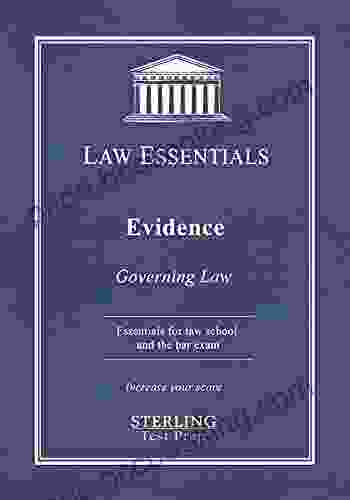
 Marvin Hayes
Marvin HayesGoverning Law for Law School and Bar Exam Prep: Your...
Unlock the Secrets of...
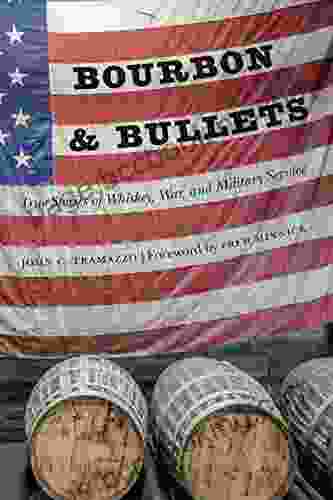
 Sidney Cox
Sidney CoxUnveiling the Epic Tales of Whiskey, War, and Military...
In the tapestry of history,...
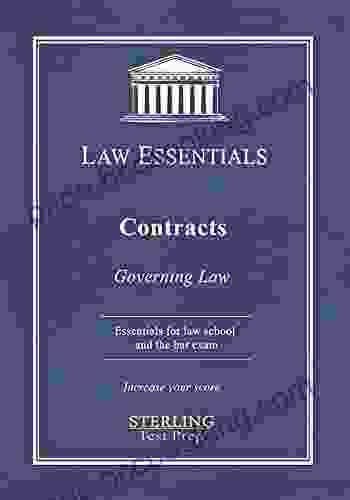
 Victor Turner
Victor TurnerGoverning Law for Law School and Bar Exam Prep: The...
What is Governing...
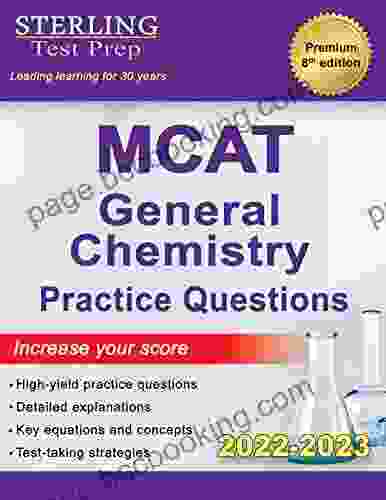
 Robert Browning
Robert BrowningSterling Test Prep MCAT General Chemistry Practice...
: Embark on Your MCAT General Chemistry...
4.6 out of 5
| Language | : | English |
| File size | : | 9025 KB |
| Text-to-Speech | : | Enabled |
| Screen Reader | : | Supported |
| Enhanced typesetting | : | Enabled |
| Word Wise | : | Enabled |
| Print length | : | 450 pages |


